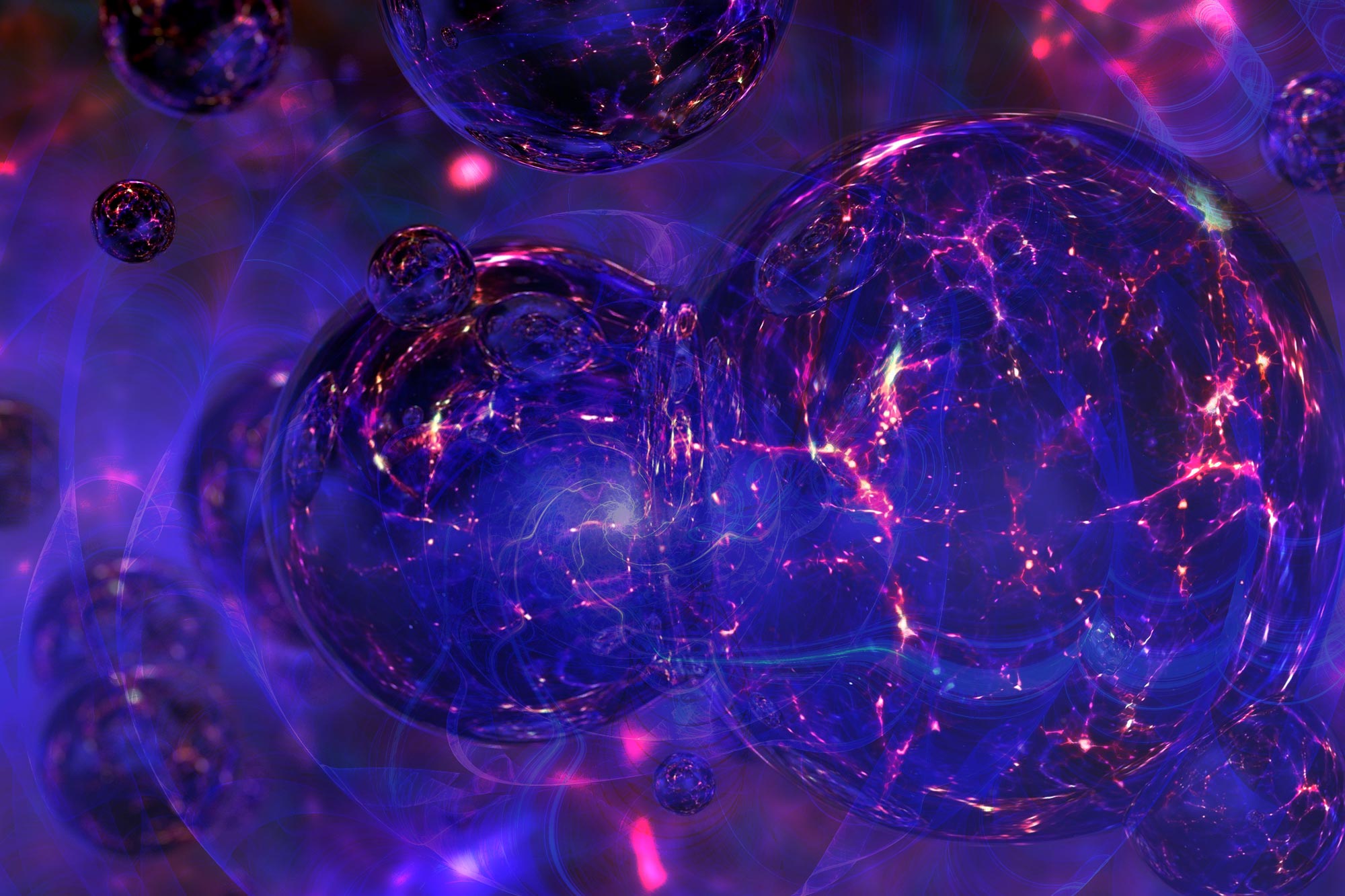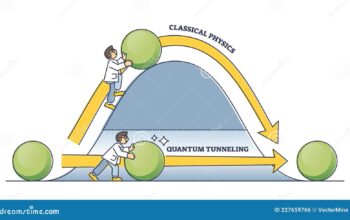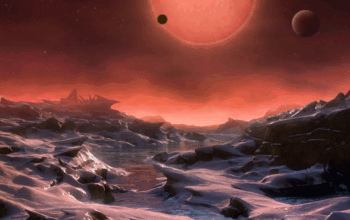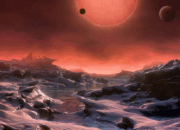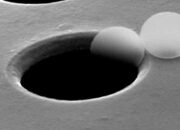The interplay between quantum mechanics and our understanding of the universe evokes a sense of enigma, akin to a cosmic symphony where each note is steeped in the peculiarities of uncertainty. The notion that quantum effects might arise from the finite precision inherent to the fabric of the universe leads to profound implications across the realms of physics, metaphysics, and philosophy. This article seeks to navigate the labyrinthine connections between these concepts, posing an intriguing question: Are quantum effects merely manifestations of a universe constrained by its limitations?
To embark on this inquiry, we must first grasp the nature of quantum effects themselves. At the core of quantum theory lies the reality that particles exist not as definitive entities but as probabilistic wave functions. This duality—particles behaving both as waves and discrete units—invites a sense of ambiguity that defies our classical intuitions. The Heisenberg uncertainty principle epitomizes this dissonance, dictating that certain pairs of physical properties, like position and momentum, cannot be simultaneously known with arbitrary precision. This raises the tantalizing possibility that the universe, at its most fundamental level, operates under a set of rules that may be inherently imprecise.
In contemplating whether such imprecision gives rise to quantum effects, one can draw upon the metaphor of a painter confronted with a limited palette. Imagine a creator attempting to capture the vastness of a landscape using a mere handful of colors. The resultant artwork, while perhaps lacking in the fidelity of detail, might reveal an expressive essence that transcends the initial constraints. In a parallel manner, if the universe operates under finite precision, it could be rendering an intricate tapestry of quantum phenomena rooted in this very limitation.
The exploration of quantum effects through the lens of finite precision leads us directly into the realm of quantum decoherence. This phenomenon illustrates how quantum systems interact with their environments, resulting in the apparent collapse of quantum superpositions into classical states. However, this apparent transition begs a further examination into whether decoherence is a natural outcome of environmental interactions or a consequence of the universe’s imprecision. If one posits that our reality is but a series of closely spaced probabilities, then decoherence might serve as the bridge that translates these uncertainties into observable phenomena.
In addition to decoherence, it is insightful to consider the implications of quantum entanglement. The instantaneous correlations observed between entangled particles—regardless of the distance separating them—pose a challenge to classical notions of locality and causality. If quantum effects are indeed rooted in the finite precision of the universe, then one might speculate that the entangled state of particles exists as an emergent property of this very limitation. The entangled particles engage in a cosmic dance where their identities are forever intertwined, suggesting a holistic view of the universe predicated on a shared reality that transcends spatial separation.
The concept of quantum gravity is yet another avenue where the finite precision of the universe is suggested to play a pivotal role. The quest to merge general relativity with quantum mechanics has led theorists to consider approaches like loop quantum gravity, in which spacetime itself is quantized. Should this theoretical framework hold, it elucidates the idea that space and time may not be continuous but rather emerge from discrete units, mirroring the finite precision hypothesis. In this light, quantum gravity could emerge not simply as a reconciliation of forces but as the manifestation of a universe striving for coherence amidst its intrinsic limitations.
As we further traverse the implications of finite precision on quantum effects, we must grapple with the philosophical ramifications. If quantum phenomena arise from the universe’s inherent uncertainties, this challenges foundational metaphysical concepts. The deterministic universe of classical mechanics yields to a tapestry of interwoven probabilities, wherein the act of observation itself influences reality. This lends credence to interpretations like the Copenhagen interpretation, which posits that quantum mechanics does not provide a description of an objective reality but rather articulates our knowledge of such a reality. The boundaries of knowledge, thus, become intertwined with the limitations of the universe, creating a symbiotic relationship between observer and observed.
It is also germane to consider the implications of finite precision on technological advancements and the future of quantum computing. The construction of qubits—fundamental units of quantum information—depends crucially on the delicate balance between maintaining coherence and managing decoherence. If the universe operates under strict limits of precision, the successful development of practical quantum technologies hinges upon harnessing these quantum effects while acknowledging their inherent uncertainties. This interplay signifies not merely a challenge but a pathway to innovation, asking researchers to become attuned to the subtleties that lie within finite precision.
In summation, the question of whether quantum effects are a result of the universe’s finite precision stands at the intersection of physics, philosophy, and technology. It invites us to contemplate the nature of reality itself, shifting our perspective from that of isolated particles to a cosmos steeped in interconnectedness and probabilistic underpinnings. The universe, with its myriad intricacies, may indeed speak through the quantum, hinting at a richness that transcends the bounds of our traditional understanding. As we continue to unravel the mysteries of the quantum realm, we are reminded of the delicate weaving of uncertainty and precision that characterizes our existence. In this intricate dance, the rhythmic pulse of the universe invites exploration, urging us to embrace both its questions and its beauty.
